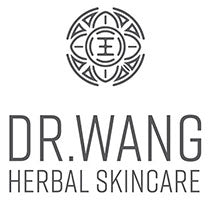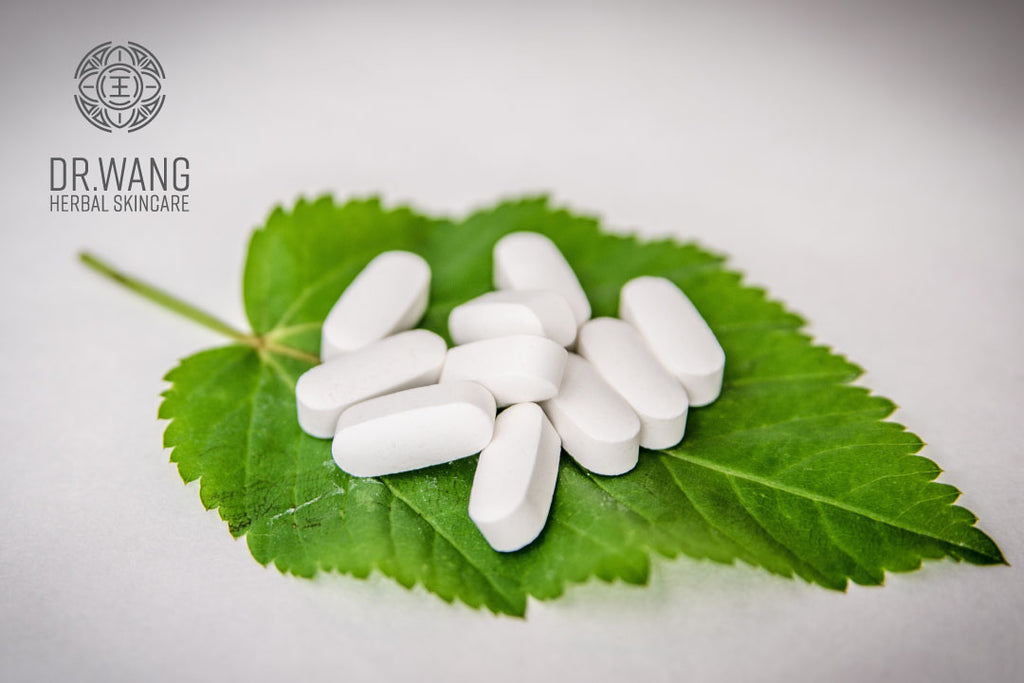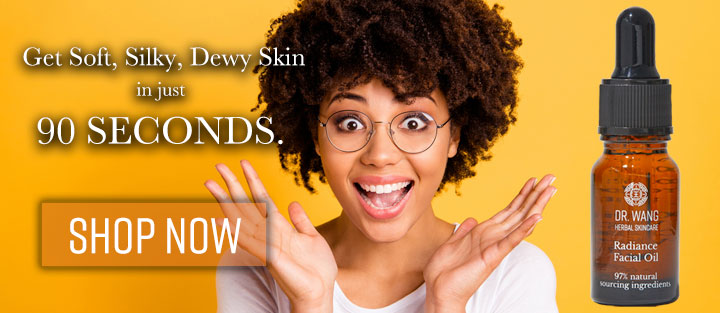Health Benefits of Mixing Western Dermatology with Eastern Herbology
Both Western Dermatology and Eastern Herbology have been around for a long time, however, they are two very different approaches to caring for the skin. Western skincare routines typically include products with more synthetic ingredients that are staples in the treatment of specific skin issues, such as acne, wrinkles, dryness, and redness. In recent years, many skincare brands have slowly moved away from this, but it still exists.
Eastern Herbology reflects a more holistic approach that focuses on overall wellness. Eastern Herbology has had a big influence on Western Dermatology as there has been a growing movement and interest in more natural and “clean” skincare products.
But these two opposing approaches to skincare can actually work together to give you the best skin of your life! Here’s how:

Western Dermatology
What primarily differentiates Western Dermatology from Eastern Herbology is that Western Dermatology focuses on providing symptomatic relief using topicals, oral medications or injectables. For example, in 1952 hydrocortisone was first introduced as a treatment of psoriasis. In the 70’s, retinoids started being prescribed to patients, and the first clinical trial on a popular prescription-only retinoid called tretinoin began. These are still commonly prescribed treatments even after all these years!
Western products tend to be much stronger than ones used in Eastern Herbology. Exfoliating acids (like glycolic, lactic, and mandelic) and retinoids are so potent that some have to be used in smaller doses. This can be both a good and bad thing depending on how sensitive your skin is.

Eastern Herbology
Eastern Herbology is mainly focused on treating the overall wellness of the body. It is more proactive rather than reactive. Various schools of herbal study have been used in Europe,
the Middle East, Africa, and India, but the best-known herbal treatments were developed as part of Traditional Chinese Medicine (TCM.)
Traditional Chinese Medicine is centered on the five major organs − heart, liver, spleen, lung, and kidney, and six hollow organs − large and small intestine, urinary bladder, stomach, gallbladder, and “triple burners”. “These ’structures’ are connected by conduits and vessels with ’Qi’ (energy) and blood circulating through them. TCM uses a process called ’syndrome identification’, whereby the practitioner makes a dynamic conceptualisation of the individual’s situation and comes up with a ’pathophysiologic status’ (the type of disharmony) for the individual; this status is called ’zheng’ or ’syndrome’. The therapeutics used to restore the harmony within the host and between the host and their environment are determined by the identified ’syndrome” explains one researcher. “Because TCM views all diseases as patterns of symptoms that correspond to individual disorders or syndromes, the aim is to treat the pattern disorder which is the cause of the problem and not the disease itself. For example, one of the common patterns in acne is “Lung Heat” and is seen as the most common pattern in a teenager. It is important to note that not all patients with acne are treated in the same way. A TCM treatment protocol might include a combination of Acupuncture, Chinese herbs in either raw, tinctured or pill form, external herbal washes or creams, and dietary advice.”
A lot of people in Western cultures are skeptical of the use of Eastern Herbology for skincare but the data doesn’t lie. In one clinical trial, a Chinese physician formulated a mixture of 10 herbs for the treatment of atopic dermatitis, consisting of Clematis armandii, Dictamnus dasycarpus, Glycyrrhiza glabra, Ledebouriella satellites, Lophatherum gracile, Rehmannia glutinosa, Paeonia lactiflora, Potentilla Chinensis, Tribulus Terrestris, and Schizonepeta tenuifolia. In this double-blind, placebo-controlled crossover study, there was a median decrease in redness and irritation of 91.4%. So if you haven’t looked into Eastern Herbology and Traditional Chinese Medicine, you should definitely start!

Why You Should Combine the Two
While the methods may differ, the goal of Western Dermatology and Eastern Herbology is the same. They both strive to heal your skin and prevent further blemishes or irritation. So when combining the two you get the best of both worlds! “Some patients try either Western or Eastern treatments first, and then add the other as needed,” says Cleveland Clinic’s Hong Shen, MD. “But there is room for both methods. The best results often happen when the two intersect.”
Some practitioners have begun using what is called “Integrative Dermatology” in order to provide patients with the most effective treatments. Integrative Dermatology strives to examine and combine best practices from both traditional medicines as well as complementary and alternative healing modalities, such as diet, supplements, and mind-body medicine (Oxford Medicine.) Acne, in particular, is a condition that can be improved through integrative dermatology as there is growing evidence that diet plays a bigger role in its formation than previously believed.
Bottomline
There are many herbs used in Eastern Herbology that have been scientifically proven to help cure skin conditions and can safely be combined with Western Dermatology treatments. There is a growing movement among practitioners who are using Integrative Dermatology in order to combine both Eastern and Western skincare. Many of these dermatologists use things like minerals, herbal products, stress management techniques, and clinical nutrition in their practice alongside traditional medicine in order to achieve the best outcomes for their patients.
Dr. Wang Herbal Skincare is a family business started by Steven Wang, MD, and Gui Wang, LAc. Our co-founders have been working together for over two decades to offer holistic, innovative, and effective skincare products.
We are guided by three primary principles: formulate skincare products with proven efficacy to promote skin health, harness the power of Traditional Chinese Medicine (TCM), and utilize the latest modern medical breakthroughs.
To learn more, view our family of products or read what publications like The New York Times and Reader’s Digest have to say about Dr. Wang Herbal Skincare.




